A journey by one, for all
Simone Biles waiting to perform at the 2021 Tokyo Summer Olympics
September 17, 2021
For as long as the Olympic Games have been around, people have been astounded at what the human body and mind can do. We idolize Olympians for doing what we can’t, but oftentimes forget that these people we so often admire are only human, competing to do the “impossible.”
Understandably, it takes a lot for these athletes to get to where they are today. Many, if not all, will dedicate their lives to be able to perform these unique talents.
The most important component that is often disregarded by these athletes is their mental health. The stigma around hiding the mental state needed for Olympic training is a fragile topic as these highly skilled athletes hold their status as the elite.
One of our own national athletes lives with this dilemma. Simone Biles, world-renowned Olympic medalist, has revealed bravery in a new form this past Olympic Games. Biles dropping out of the Olympics was a shock to our nation, however it was bound to happen eventually.
According to Ohio History Central, Biles found her love for gymnastics at the age of six. At 13 years-old she was competing at a national level, and at 16, internationally. This put her at an astonishing 18 years of dedication. Imagine the physical and mental stress on this young girl who would typically be in her junior year of high school, who at that time was competing across the globe.
To have gone so far at such a young age left little room for the option to change her purpose in gymnastics. Although Biles has proven that she has a strong passion for her sport, the pressure applied from such a young age put Biles’ life inside a box.
We now know the physical demands of her sport didn’t only happen during competitions, but in private rooms as well. In an article from Independent in July of 2020, Biles opens up about her traumatizing interactions with former medical professional, Larry Nassar. While working under USA Gymnastics, Nassar performed inappropriate acts on young girls, masking them as medical procedures.
Biles was one of the hundreds of girls who fell victim to this man. For years he had reign over them, until the young women finally took them back along with their voices. Biles shares that initially she didn’t feel that those acts were harmful because the rest of her teammates had been experiencing the same thing. However, after recent allegations resurfaced against him, the feelings and emotions rushed back with full force.
Biles had never come forward about these instances until recently, for fear of ruining the nation’s perceptions of her.
“I felt like, not that you’re supposed to be perfect, but I just felt like that’s what America wanted me to be – was perfect,” Biles said, giving only a minor representation of all of the challenges she withstands.
This past Olympics, Biles chose to withdraw from most of her individual events, due to the mental weight she has been carrying and the pressure piling on top of her. These issues impacted her so much that it became a physical risk for Biles to compete. She developed a temporary mental block called the “twisties” which leaves her unaware of her surroundings.
It took an immense amount of courage to buck the expectations of the world, especially during Covid when everyone seems to be hungry for some form of hopeful distraction. In an NBC Interview at the start of the Olympics, Biles was asked, “do you think you will ever lose?” She was the darling of this nation.
Biles was also featured in a majority of the commercials for the Olympics. The network knew her events would draw in the largest audiences, thus earning them the most money from advertisers. That’s an added level of pressure and it took incredible bravery to care for herself in the face of all those expectations, especially when there was significant money at stake.
Alas, protecting herself mentally and physically has opened a new door for her life and made her a national advocate for mental health. She has given herself the choice she thought she never had. Biles’ journey to a healthier life mentally gives her the chance to draw a line against mental health.
Simone took the step for all Olympians, the step they were too fearful to take. She has exposed the realistic lives of Olympic athletes, and spotlighted the rigid box they are often confined to by society’s standards.
“I feel like I’m also not having as much fun, and I know that this Olympic Games, I wanted it to be for myself. I was still doing it for other people, so it hurts my heart that doing what I love has been kind of taken away from me to please other people,” Biles said in an interview with The Washington Post.
In making comments like that, Biles articulated what many top athletes also feel. The famous tennis star Andre Agassi admitted similar feelings about his sport, only after it was too late. In his autobiography, Open, he wrote how he actually hated the game, and the mental stress eventually led him into a face of demise. But he didn’t confess the mental and emotional injuries until well after he retired.
By going public in the midst of her career, Simone Biles is helping to shatter the stigma so many suffer — at a time when mental illness actually can be addressed.
Olympic athletes endure much more than the average person, from physical training to pressure to showcase for the media. These are the very reasons why Biles has become more vulnerable, hoping to educate those who may not know that it’s not always muscles and medals, but that everyone has some weakness.
“We’re human beings. So, yes, it is okay to not be okay. It is okay to go through ups and downs, emotional roller coasters,” fellow Olympian Michael Phelps said about Biles in an Interview with The Washington Post.
Let these actions be the reason that the stigma for mental health diminishes in and around Olympic athletes. Simone did not make these outright efforts for them to be taken for granted. Our superheroes deserve to be appreciated as a person, not a character.


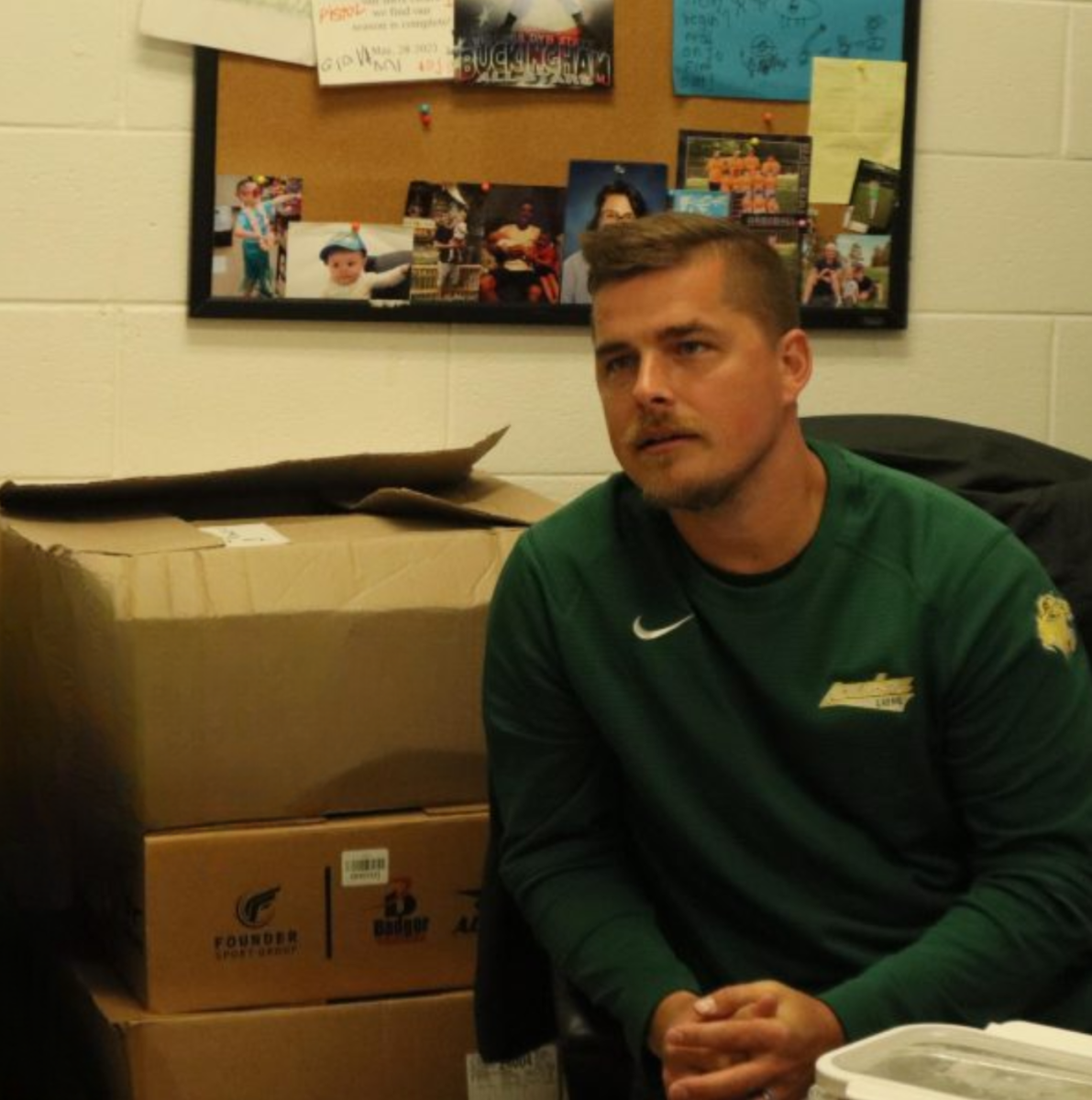







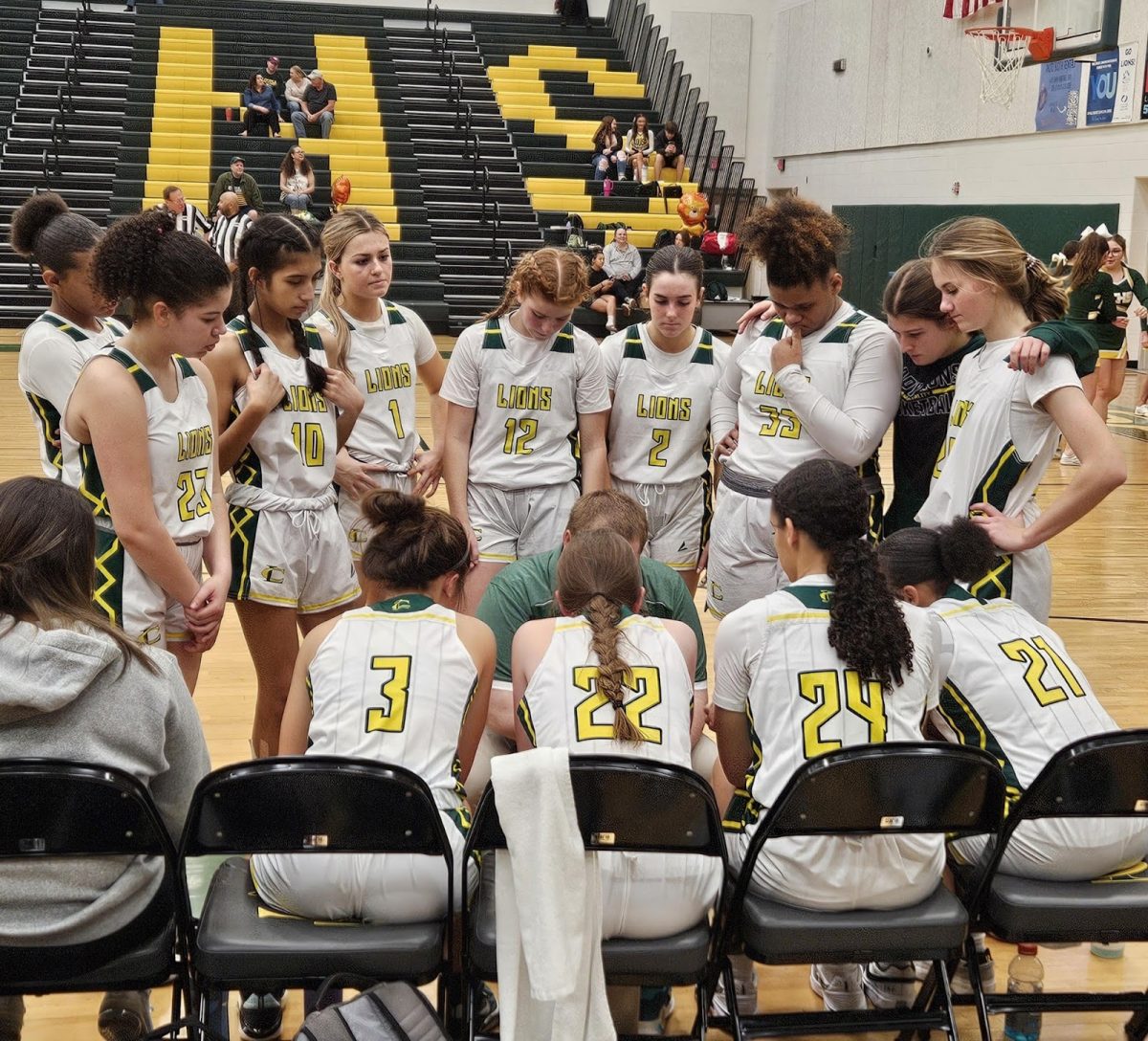
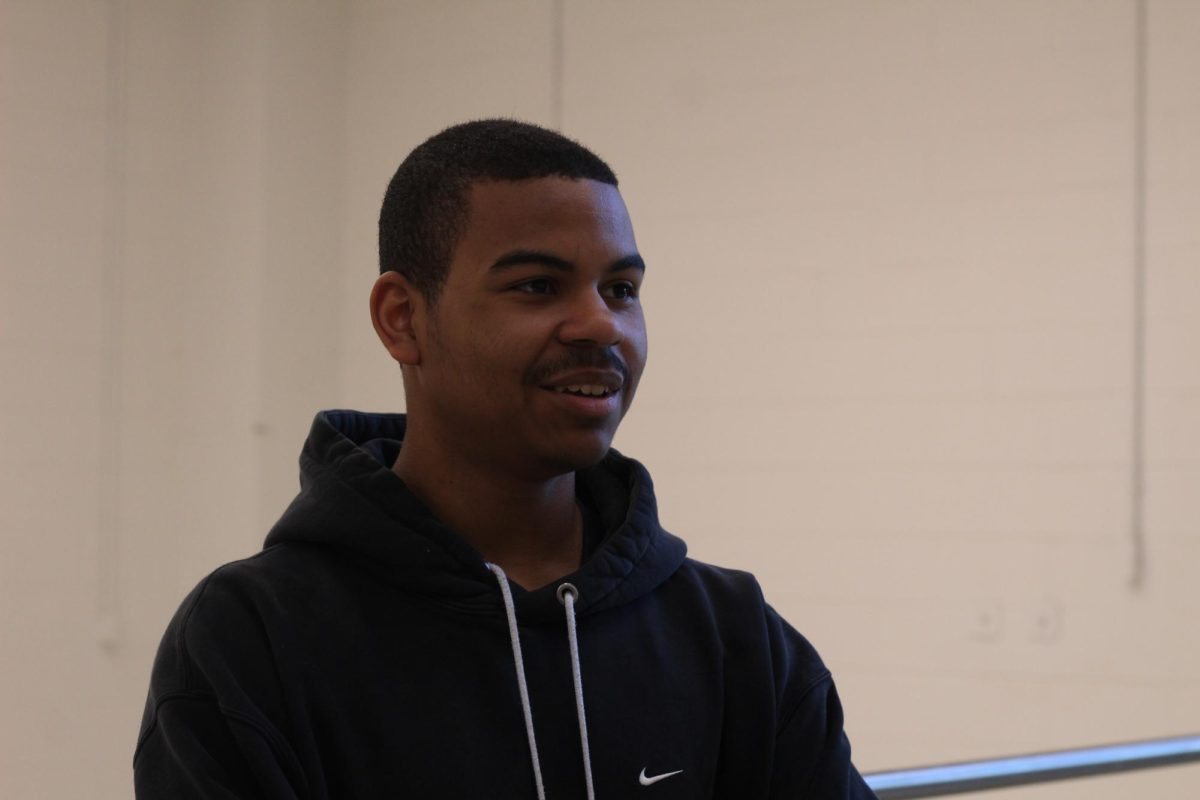
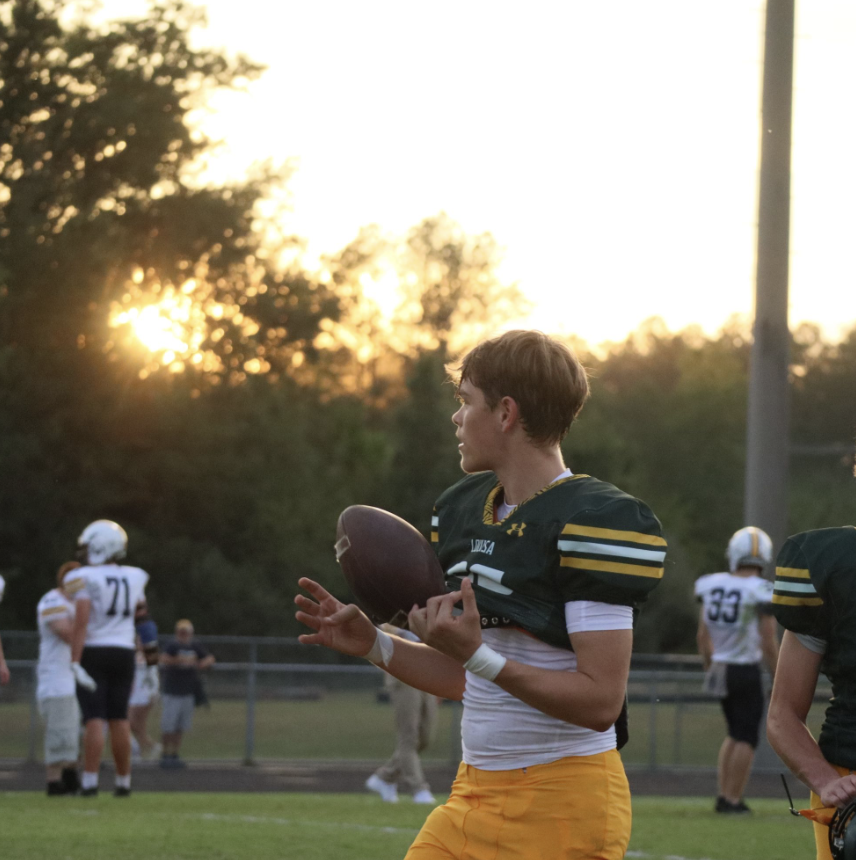


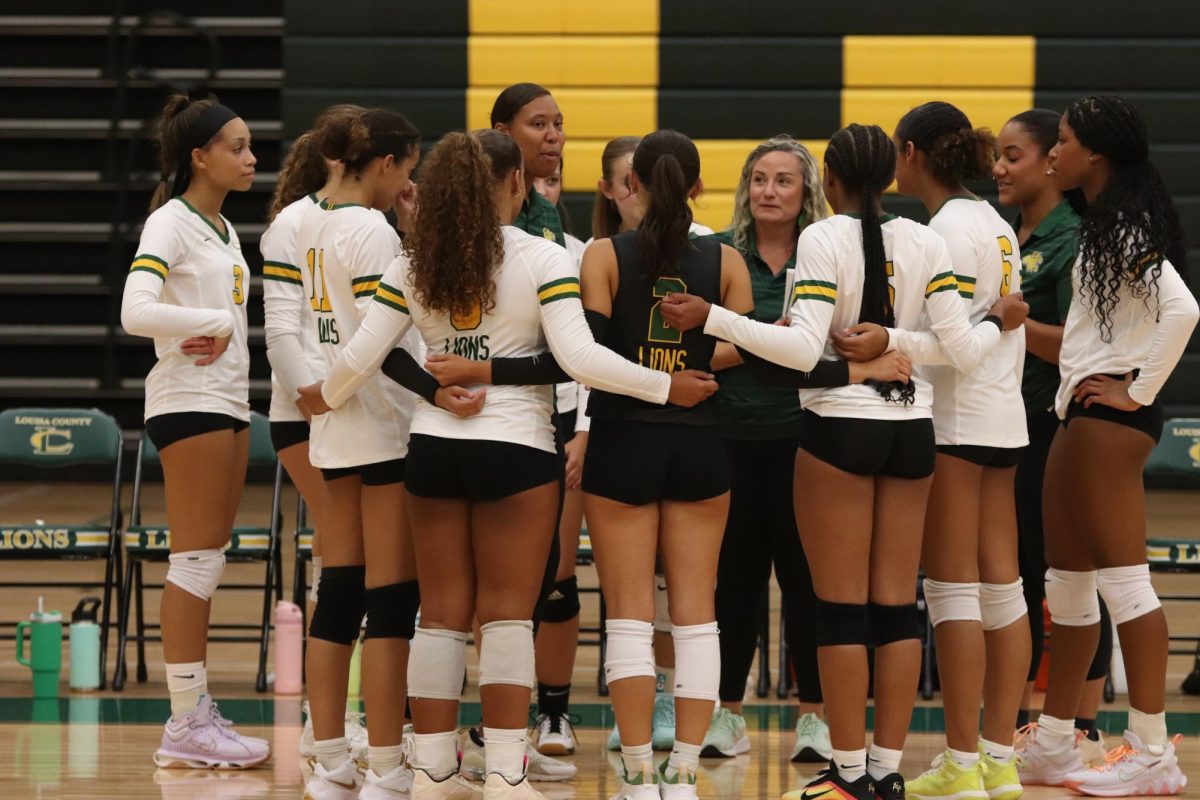
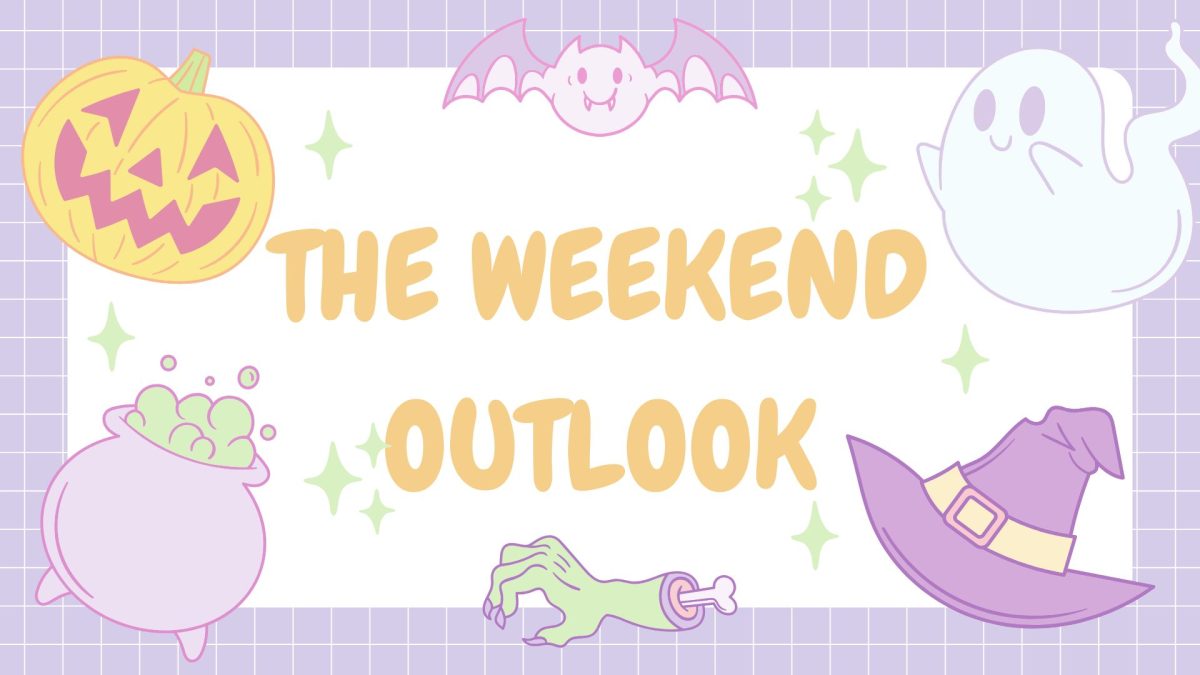



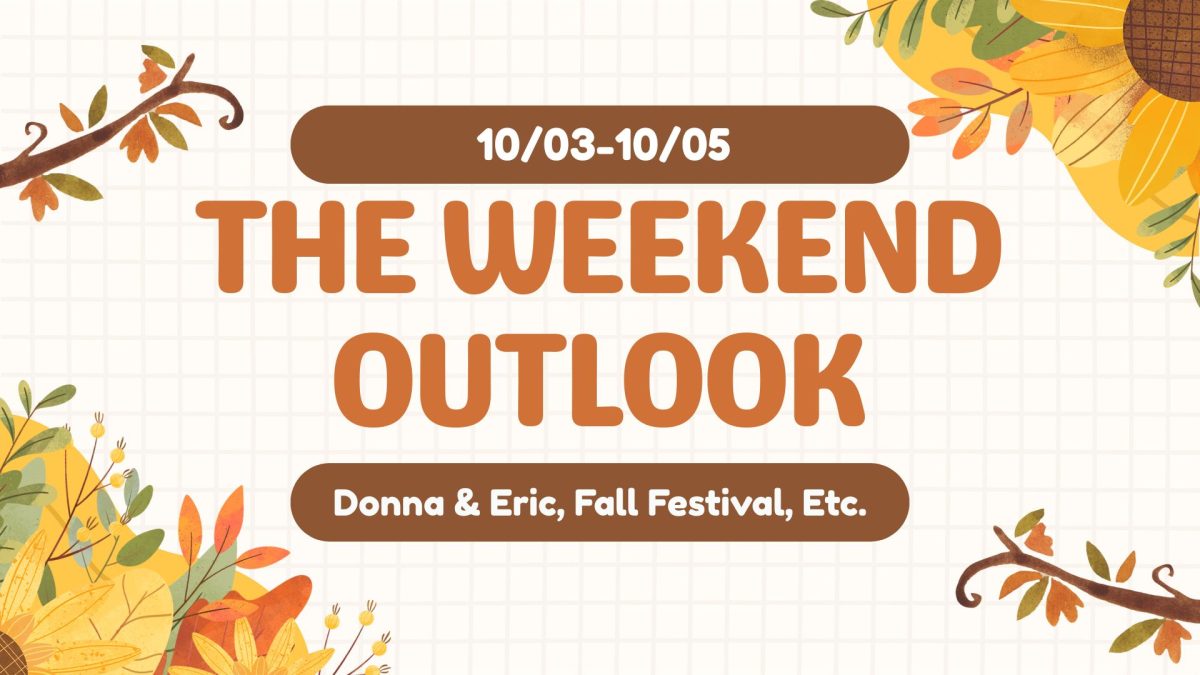












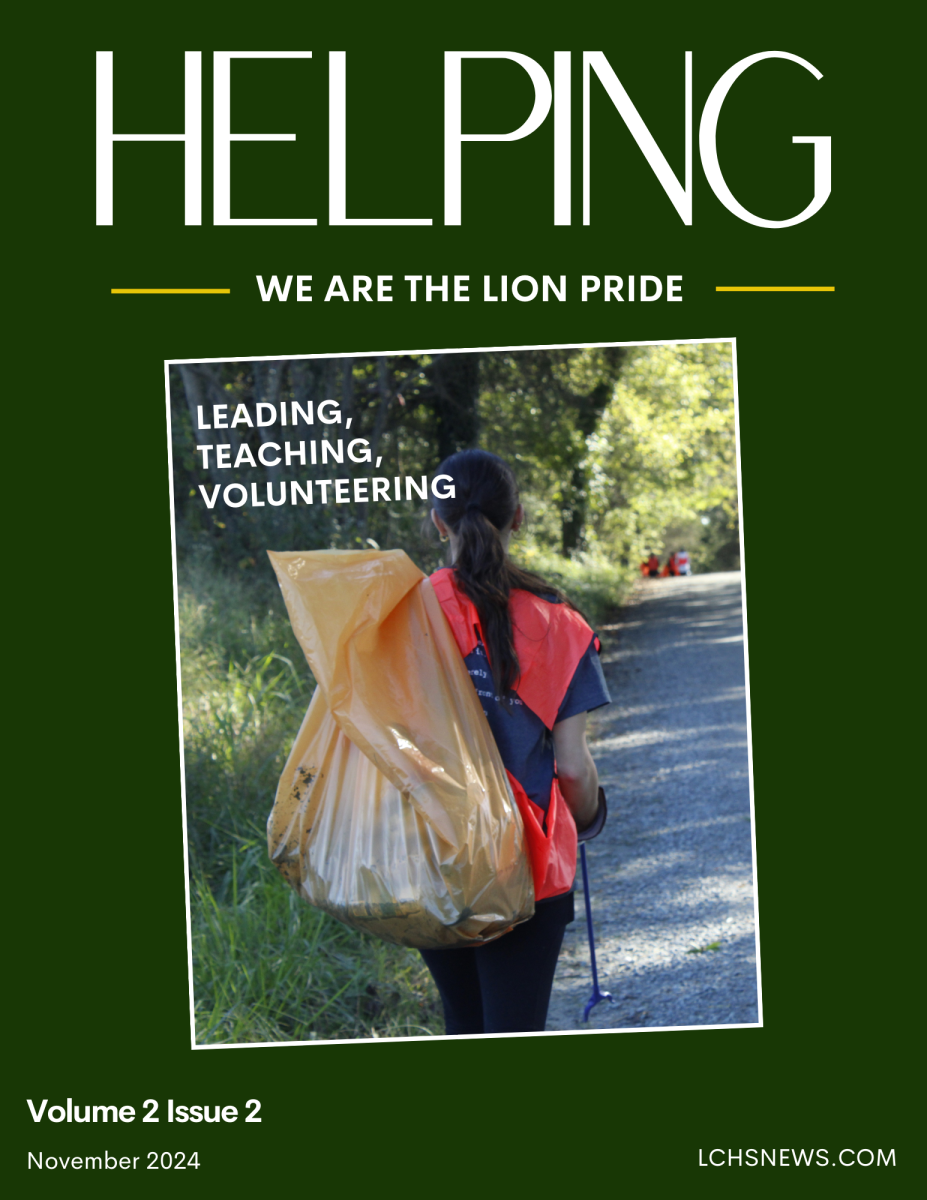





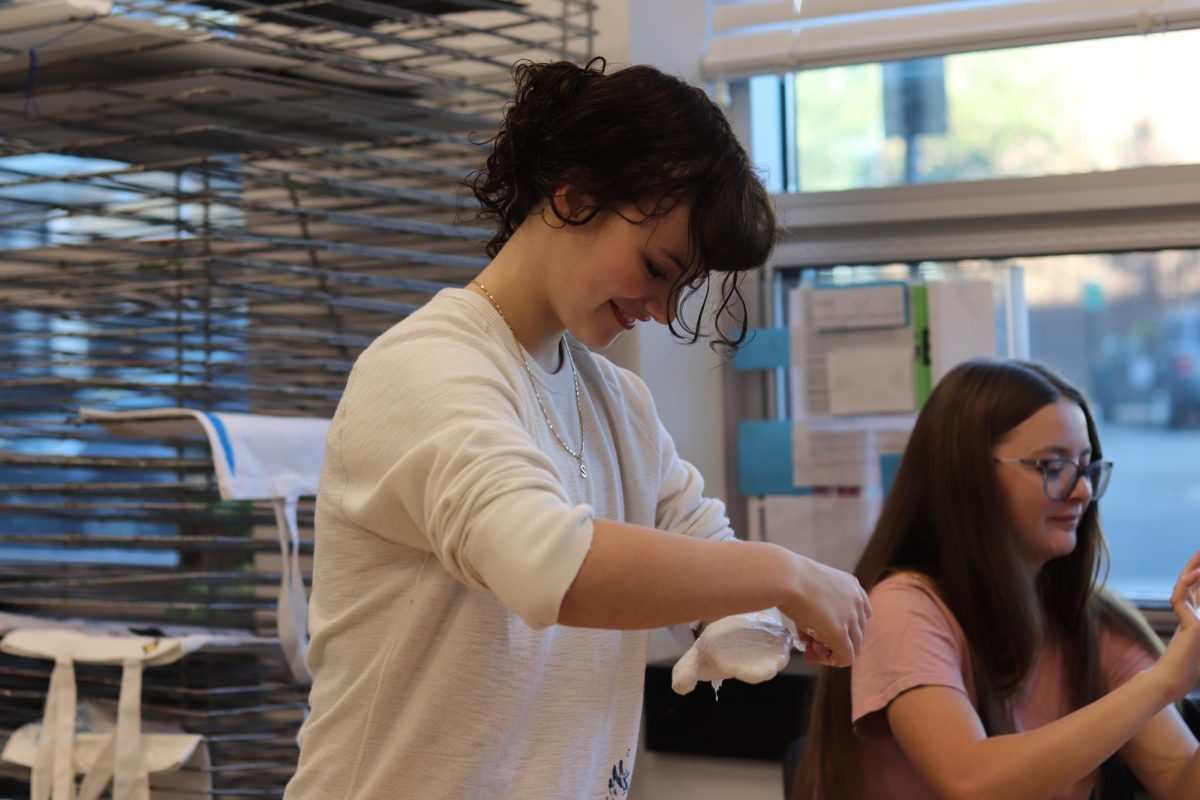

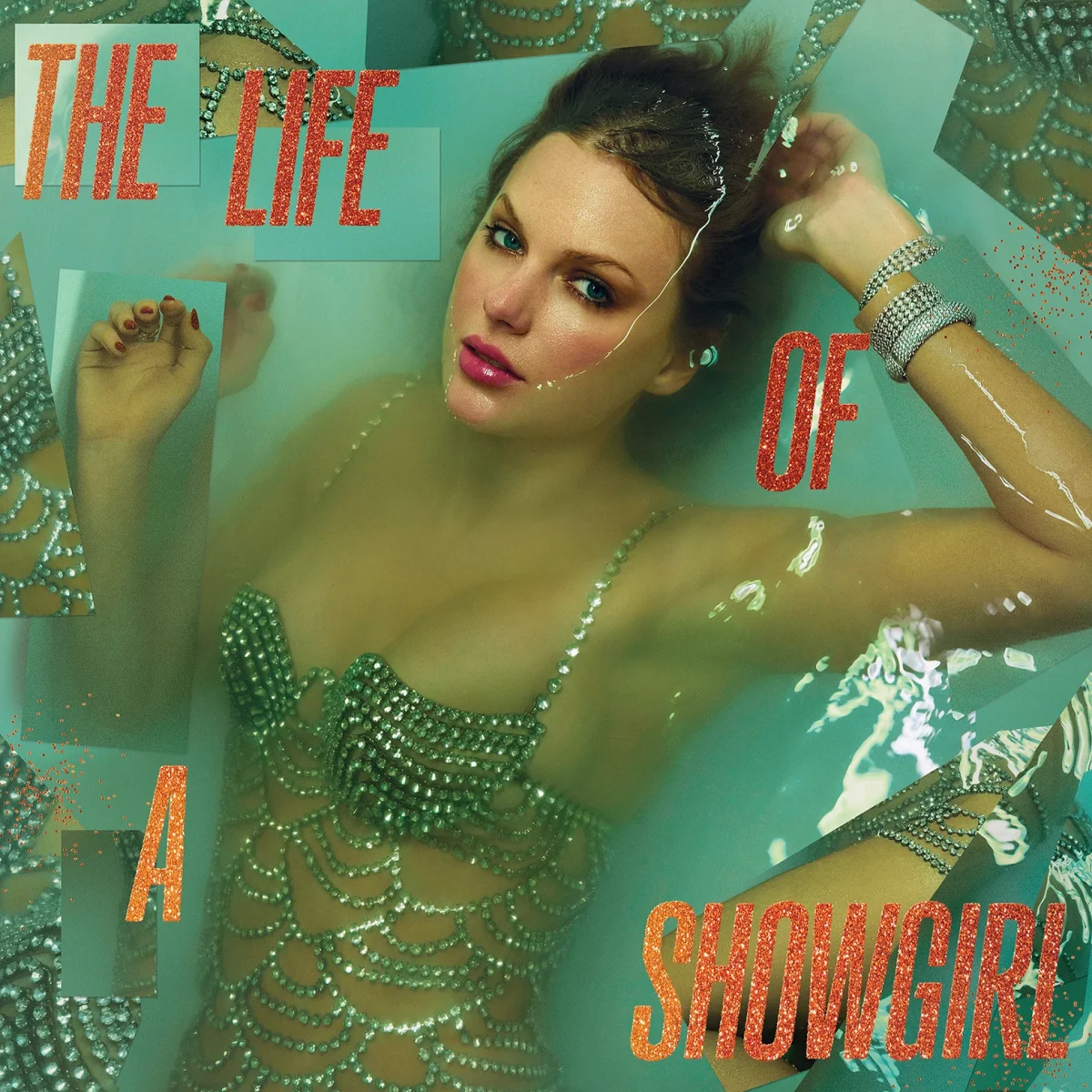







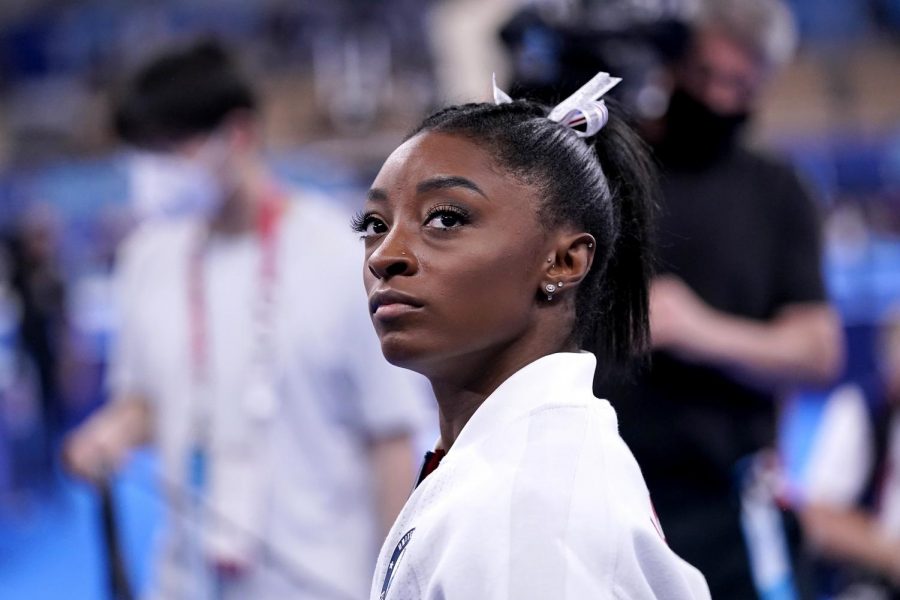


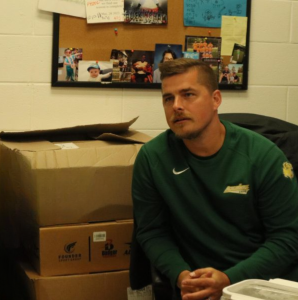


Bonnie Trafford • Sep 24, 2021 at 5:26 pm
Thoughful and well written article.
Barbara Eldridge • Sep 17, 2021 at 2:50 pm
Great article, Eleanor, and very well written. It’s important to remember that each individual is affected by stress and every day living experiences in different ways so we have to take this into consideration and be respectful of this when interacting with others. Your article made this point clearly and it doesn’t matter if you’re a well-known athlete or a normal person climbing that everyday ladder. Keep up your excellent writing.